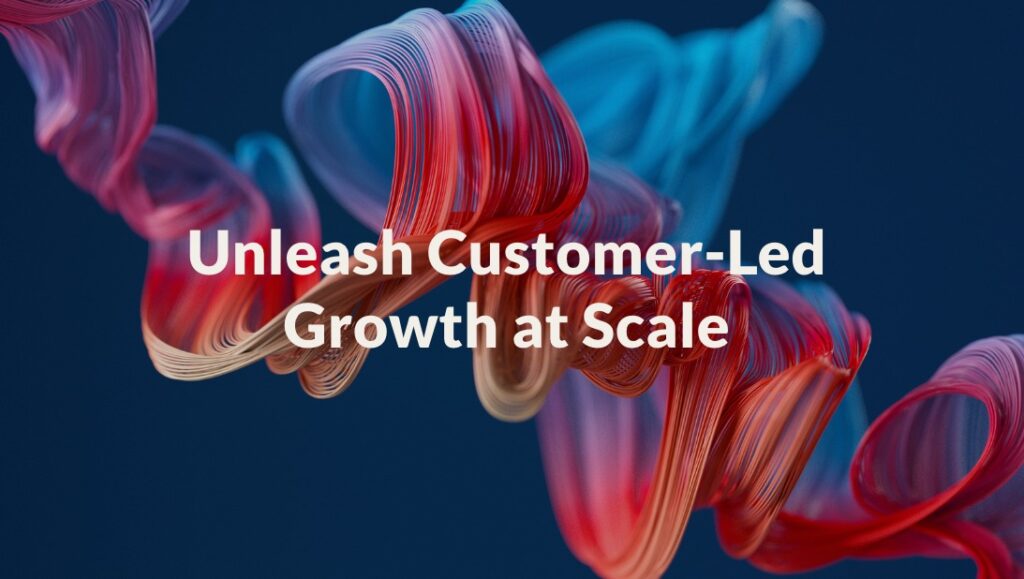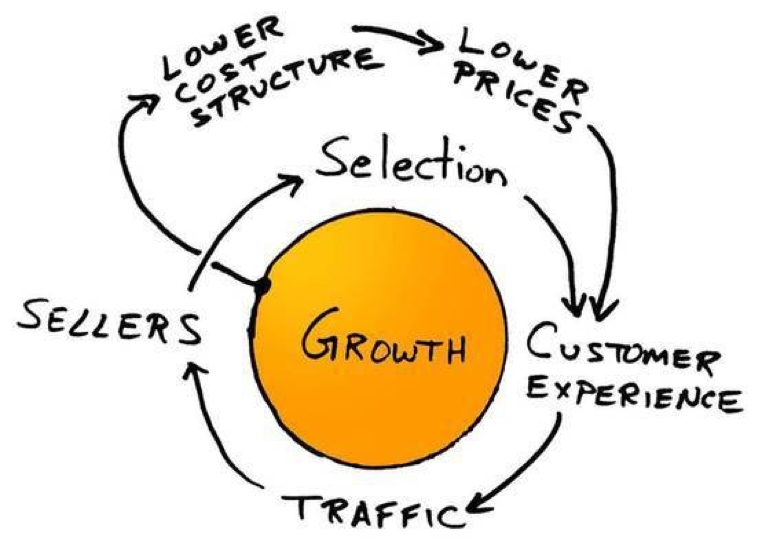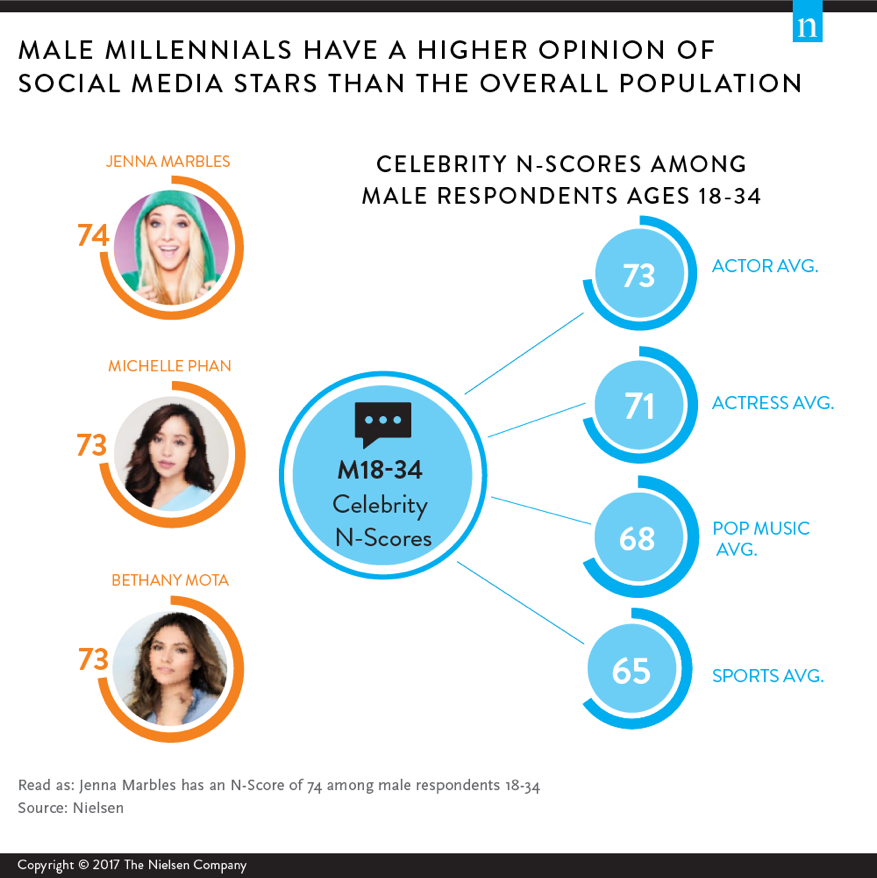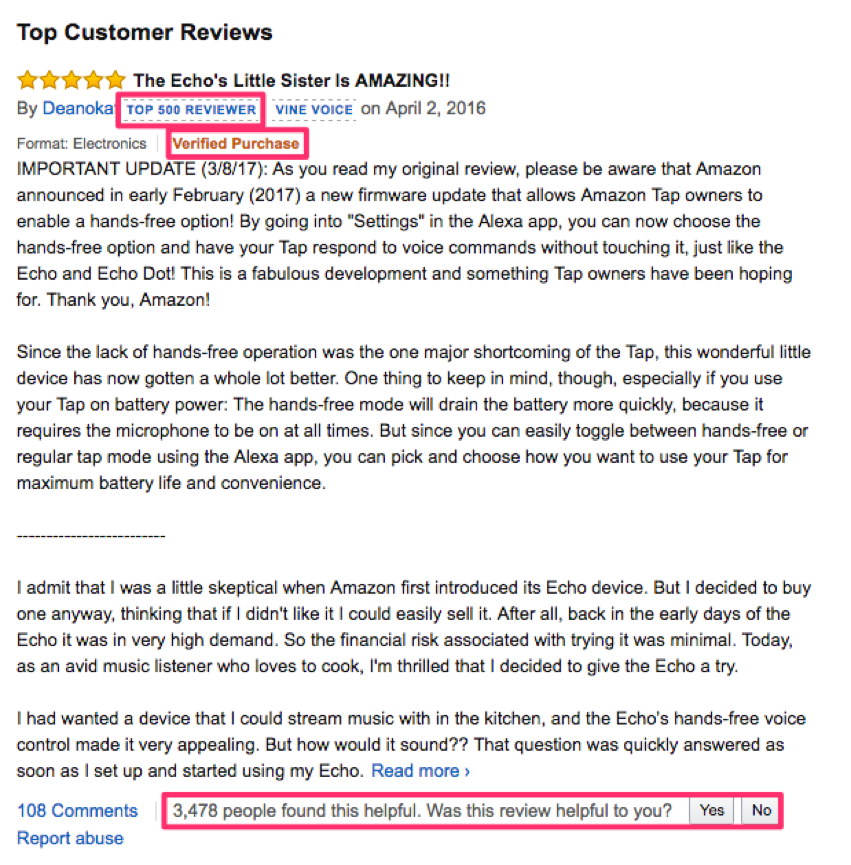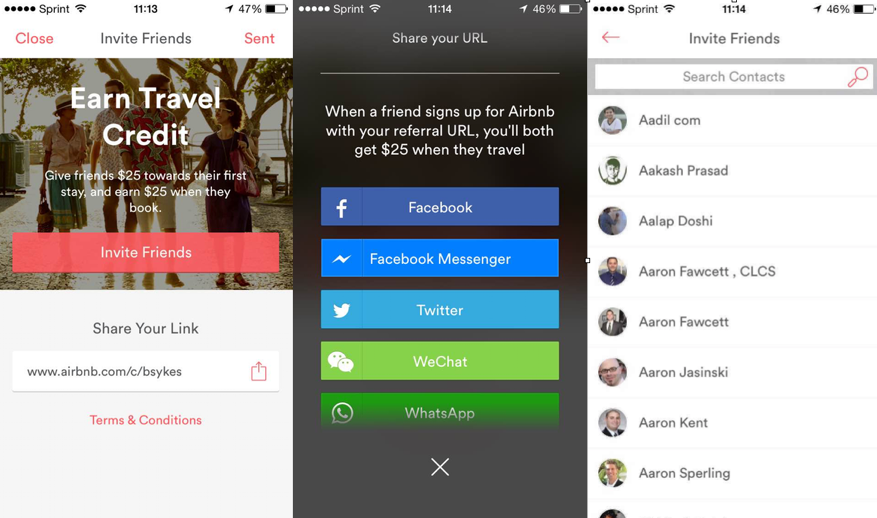Leverage the power that reviews and influencers can have when combined. Focus on funneling customers through these influencers’ reviews of your product to your website where, primed by social proof and the halo effect, they’ll feel like they can trust your company and brand.
Amazon is making a big splash in the social marketing world with the launch of their influencer program.
Intended to give social media personalities with large, monetized audiences a new outlet for their work, the program pays influencers for referrals made via their Tweets, Facebook posts, blog posts, and videos. On the one hand, this is a mechanism for Amazon to increase sales through by encouraging influencers to market products available on Amazon. Also, and more importantly, it is an ingenious way for Amazon to recover from allegations of widespread review manipulation and regain the public’s trust.
The idea here should not be unfamiliar if you know Amazon. Their whole core business runs off a tight flywheel, the so-called “virtuous cycle” first scrawled out on a napkin by Jeff Bezos in the 1990’s.
people who are recommending your product today could be influencing the world tomorrow…
The importance of influence
In Nielsen’s first inaugural Millennials on Millennials study, they found that social media stars had eclipsed athletes, pop stars, actors and actresses in terms of popularity among the millennial demographic.
Influencers are quickly becoming more than a valuable asset for brands—they’re becoming more powerful than the classic celebrity spokesperson of old, the musicians, actors, and athletes that we relied on to sell goods and appear in commercials. And it’s not hard to see why.
Using actors and musicians in advertising has always been effective, but they can’t build trust and convey legitimacy the way modern influencers can. Michelle Phan spent years creating makeup tutorials for YouTube clicks and channel subscribers. By engaging her fans and by making content they found legitimately useful, she gained credibility. First her product recommendations and then her company were natural outgrowths of that credibility.
Let’s return to the question of reviews. Amazon has had a lot of trouble with their product reviews in the past few years, from controversies over incentivized reviews to those that were simply found to be illegitimate in the first place.
The psychology of product reviews
Product reviews can be a powerful driver of growth for your business. A PowerReviews study showed that product pages with reviews garnered as high as 239% increases in impressions.
There’s a phenomenon in psychology called the halo effect. See something you like in a company’s advertisement—an attractive person, a cause you support—and you’re more likely to see the entire company in a positive light.
The halo effect is what makes us trust that the products being sold to us by social media influencers are as good as they say they are. But you don’t need to go pay Jenna Marbles to hock your product—you can look right inside your own customer base.
Taking the virtuous cycle to the next level
You don’t need to put up a form, advertise it across the internet, and try to build relationships with influencers if you want to have your own program like Amazon’s.
If you have a referral program at your company, then you already have plenty of influencers available.
differentiate reviews by status
One way to bring the halo effect to your product reviews is to recognize advocates with credentials. Make it clear when a review is left by someone who is in excellent standing on the platform.
One way to encourage people to leave more and better reviews is by letting them accrue rewards based on how highly their reviews are rated by verified purchasers. If 3,478 people mark a review as helpful and more than 100 are spurred to comment on it, then you know that review is having an outsized effect on the behavior of thousands of customers—reward the user who left the review! Don’t make it a quid pro quo, because as Amazon found out, offering free products in exchange for reviews does not result in trustworthy social proof.
segmenting users by advocacy
Airbnb did it by creating user cohorts based on responses to a Net Promoter survey that they sent out. They created cohorts for those who left a review, those who left one but skipped the NPS question, those who gave a bad-to-neutral NPS score between 0 and 6, and one each for every NPS score from 7 to 10.
Then, the Airbnb team looked at how likely each group was to book a new trip on Airbnb inside a year after their first one. They found that the likelihood to return increased “almost linearly” with their quantitative NPS response.
The users who responded with a 10 on their survey—meaning they were highly likely to recommend Airbnb to their friends—were more likely both to rebook and actually refer their friends in-app. All in all, Airbnb used this cohorting technique to identify something like 24,000 users that they could say with confidence were likely to be strong advocates.
Asking your advocates to be your influencers
Once you know who your top advocates are—the people who are most likely to review, refer, and tell their friends about you—it’s time to take those relationships to the next level.
Email them, get them on the phone, find them on social media, hit them up through an in-app notification if need be. These people are absolutely poised to become your next best influencers. What you need to do is show them value (that goes beyond helping a company they love).
There are many ways to encourage advocates to become influencers. In some niches, it might be as easy as reaching out and promising some free goodies in exchange for their participation. In fashion and beauty referral, these kinds of free samples are often the coin of the realm. In other niches, it might be cold hard cash.
Uber and PayPal are two companies that burned money in the pursuit of referrals and saw it pay off big.
Remember, though—you’re not just trying to get people to post pictures of themselves on Instagram holding your product. We’re doing this because we want to leverage the power that reviews and influencers can have when combined. Your focus needs to be on funneling customers through these influencers’ reviews of your product to your website where, primed by social proof and the halo effect, they’ll feel like they can trust your company and brand.
The virtuous cycle of influencer marketing
Referral is a multi-faceted customer acquisition tool. Its foundation, as with reviews, is the everyday advocate. Brands have tens of thousands of those. That’s why referral drives substantial revenue, has extensive reach for brand awareness, and when used to find influencers, has the power to boost the power of your ratings and reviews.
The people who are out there recommending your product today to their friends and family could be influencing the wider world tomorrow—it’s just a matter of finding them and giving them the right spotlight.

